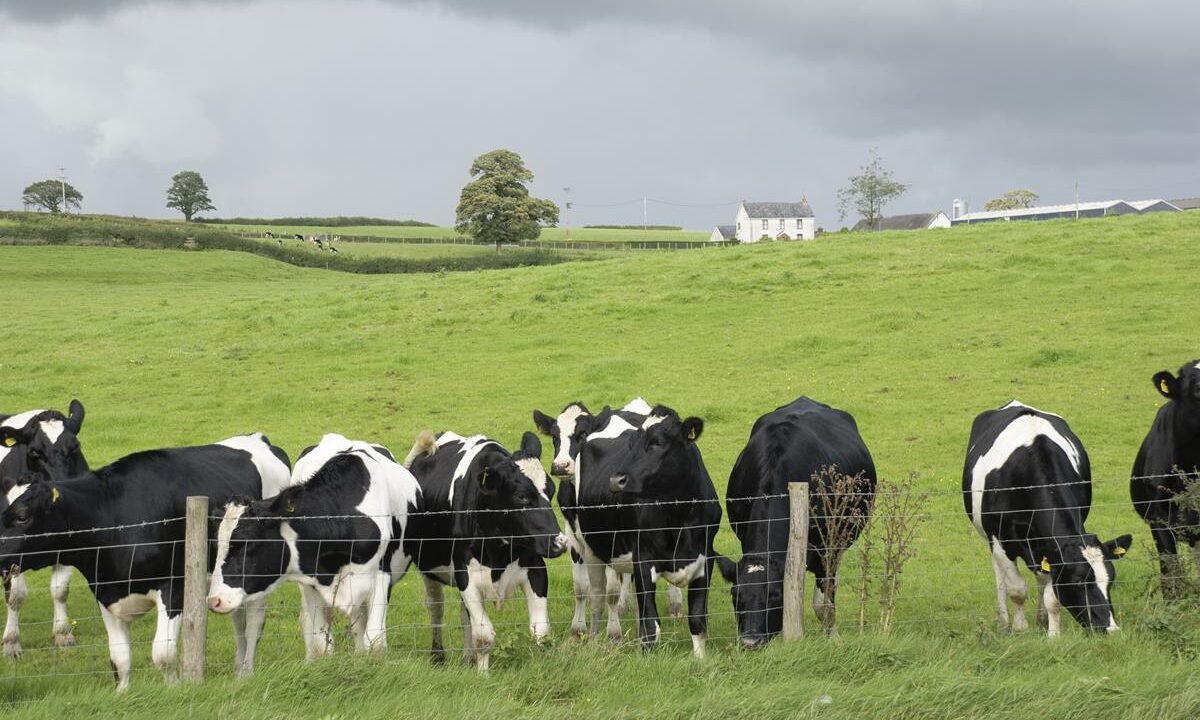By Eoin Lowry, head of agri with Bank of Ireland
While farming had escaped the direct impact of the pandemic initially, farm-gate prices are now beginning to be impacted negatively across all commodities.
The beef sector was already under pressure before this crisis and prices have fallen a further 10% over the past month. The outlook for dairy prices is also weak, with prices expected to fall 10-20% this year.
The reasons are straightforward – demand has collapsed due to the closure of food service where up to 50% of all food is consumed. As a result, in some countries (the UK and US) some milk is being dumped with farmers in France now being paid not to produce milk.
One of the biggest challenges during the pandemic has been to ensure that all the milk and animals coming off farms continued to be processed. The industry has succeeded to date.
The full impact of this crisis on the agri-food supply chain is unknown. What is known is that this crisis has brought renewed attention to the critical importance of food production. This pandemic has tested the sustainability and resilience of the global food-supply system.
Food security, one of the founding principles of the EU’s Common Agricultural Policy (CAP), looks set to become a key priority as a result of this crisis.
Commodity prices
The outbreak has presented a shock to commodity markets at a time when prospects were already muted – particularly for beef.
Over the last 70 years, there were four global recessions. The evidence shows that during recessions, agricultural commodity prices are generally less affected than other commodities such as oil.
However, higher trade costs – due to enhanced border checks – will particularly affect agriculture and food commodities.
These decisions could affect trade flows and impact global prices. How this plays out in the long run depends on many factors, including the duration and severity of the pandemic and how countries respond to it.
Changed consumer behaviour
Covid-19 may transform the way consumers purchase food permanently. At the onset of the outbreak, there was a significant increase in demand as people panic-bought. However, food demand is generally inelastic and its effect on overall consumption will likely be limited.
The mitigation measures implemented in many countries may lead to shifts in consumer habits and the exacerbation of existing trends, such as the move towards alternative meats, improved welfare, local food and ethically-produced foods.
In the future we may well see the return of the ‘big shop’ with reduced visits to supermarkets, increased online food deliveries and a rise in eating at home.
Impact on farming
Farmers have learned to manage volatility in agri-commodity prices, having lived with fluctuating prices over the last decade. It is now an established part of the farming cycle.
As the world slowly adjusts to life beyond Covid-19, a greater emphasis on cost control and productivity will come to the fore on farms.
The long-term fundamentals remain strong, with over a fifth of adults worldwide actively trying to increase their intake of protein.
Ireland’s farmers are well placed to meet these demands – producing high-quality, natural proteins from grass on family farms around the country.
What are we seeing?
To date, we have not seen an increase in requests from farmers for additional facilities, although we do anticipate this changing – if commodity prices remain low for a sustained period of time.
We have supports to help farmers to mitigate against the impact of commodity price volatility, including Agriflex – a specific option whereby farmers can request an interest-only repayment for up to 12 months.
Agriculture is very important to us. It accounts for the biggest share of our business lending.
